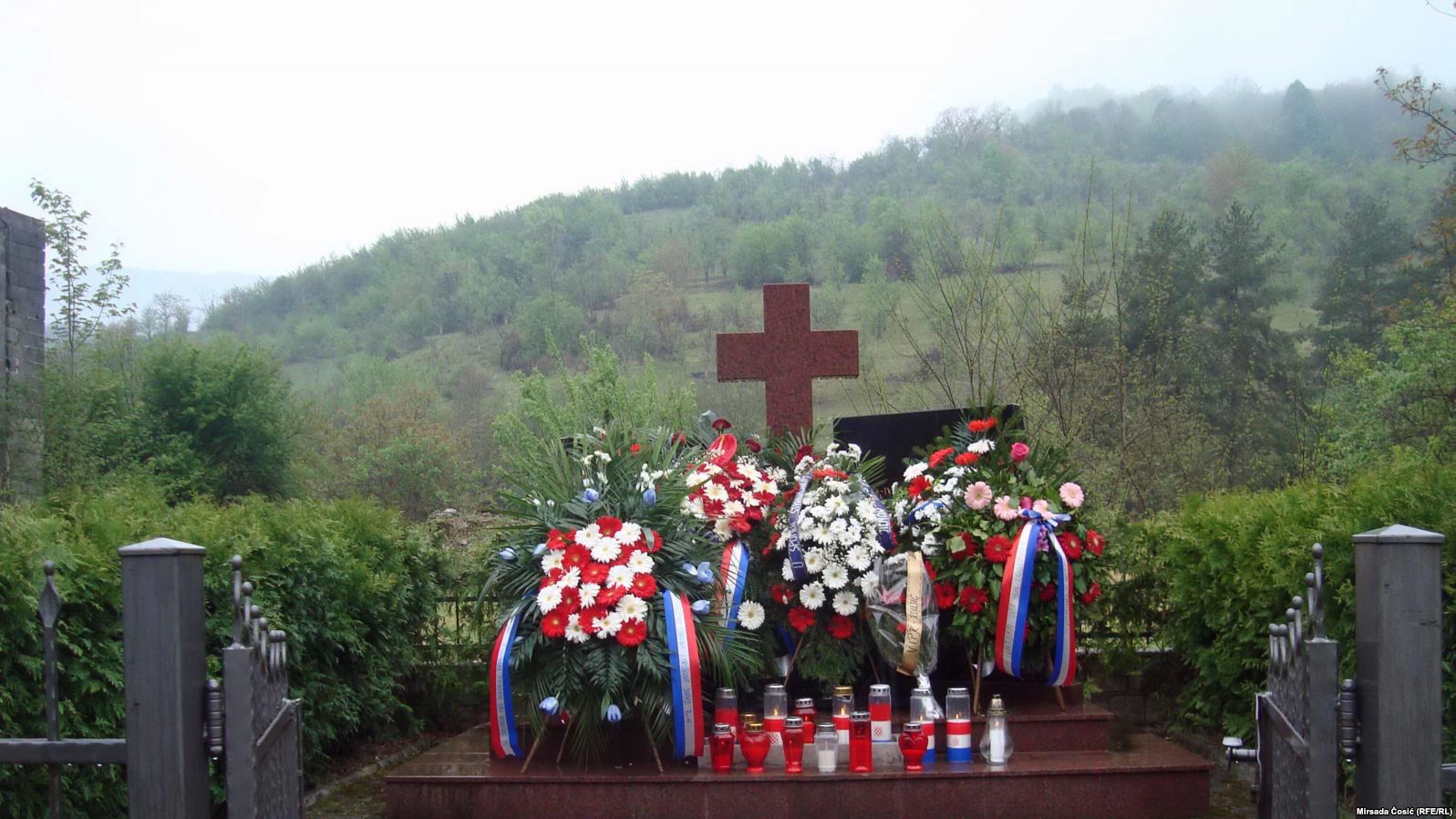WASHINGTON D.C.
 The Department of Justice filed to denaturalize two foreigners convicted of war crimes who committed fraud to enter this country, according to officials.
The Department of Justice filed to denaturalize two foreigners convicted of war crimes who committed fraud to enter this country, according to officials.The unit targeted Bosnian Croats who resided in the village because of their Christian religion and Croat ethnicity, killing 22 unarmed individuals including women and the elderly.
A Bosnian court previously found that Dzeko and Yetisen played key roles in the massacre: both were part of a firing squad that executed six unarmed prisoners of war and civilians, and Yetisen proceeded to make sure all six were dead by shooting them again.
In addition to his participation in the firing squad, Dzeko also killed a crippled elderly man, and then shot the man’s wife in the back, killing her because she would not stop crying.
“We at DHS are committed to working with our partners across the federal government to target those who seek to break our immigration laws to obtain U.S. citizenship. There will be consequences,” said Secretary Kirstjen Nielsen from the Department of Homeland Security. “National security is homeland security and fraudulently obtaining U.S. citizenship will not be tolerated. Those who abuse our generous immigration system take opportunities away from those who follow our laws and who undoubtedly deserve U.S. citizenship.”
Wednesday’s lawsuits allege that Edin Dzeko, 46, and Sammy Rasema Yetisen, aka Rasema Handanovic, aka Zolja, 45, were part of an elite unit of the Army of the Republic of Bosnia and Herzegovina that attacked the village of Trusina on April 16, 1993, in what is known as the Trusina massacre.
The unit targeted Bosnian Croats who resided in the village because of their Christian religion and Croat ethnicity, killing 22 unarmed individuals including women and the elderly.
A Bosnian court previously found that Dzeko and Yetisen played key roles in the massacre: both were part of a firing squad that executed six unarmed prisoners of war and civilians, and Yetisen proceeded to make sure all six were dead by shooting them again.
In addition to his participation in the firing squad, Dzeko also killed a crippled elderly man, and then shot the man’s wife in the back, killing her because she would not stop crying.
According to the complaints, Dzeko’s and Yetisen’s actions came to light in 2011 when the United States granted their extradition to Bosnia and Herzegovina at that country’s treaty-based request.
In April 2012, Yetisen was convicted in a Bosnia court pursuant to a guilty plea of war crimes against prisoners of war and war crimes against civilians based on the firing squad execution-style killings.
In exchange for her plea and cooperation, Yetisen was sentenced to five years and six months in prison.
In June 2014, Dzeko was convicted in Bosnia court of war crimes against prisoners of war and war crimes against civilians, and held responsible for the eight killings described above, in part based on Yetisen’s testimony against him. Yetisen has been released from prison and resides in Oregon.
Dzeko is still serving his sentence in Bosnia and Herzegovina.
Before their war crimes had come to light, Dzeko and Yetisen each requested and received refugee status from the United States, claiming themselves to be victims of persecution.
The complaints allege that Dzeko and Yetisen concealed and affirmatively misrepresented their criminal history, military service, and persecutory acts throughout their immigration proceedings.
Such benefits would have been denied had immigration authorities known about the defendants’ roles in the Trusina massacre.
“The United States has been a safe haven and symbol of hope for people fleeing from persecution, not for war criminals,” said U.S. Attorney Jessie K. Liu of the District of Columbia. “The actions taken in the District of Columbia and in Oregon today demonstrate that we will use every tool to ensure the integrity of our refugee programs.”
“The United States is a refuge for those fleeing violence and the atrocities of war, not those responsible for these unthinkable acts,” said U.S. Attorney Billy J. Williams of the District of Oregon. “I applaud the hard work and coordination of law enforcement across the country that culminated in these lawsuits.”
Wednesday’s civil denaturalization cases follow on the recent criminal conviction of a Bosnia Serb residing in North Carolina for making materially false claims and statements on his initial application for refugee status, which involved similar concealment of service in a military unit involved in the July 1995 Srebrenica massacre that resulted in the deaths of between 7,000 and 8,000 Bosnian Muslim men.

